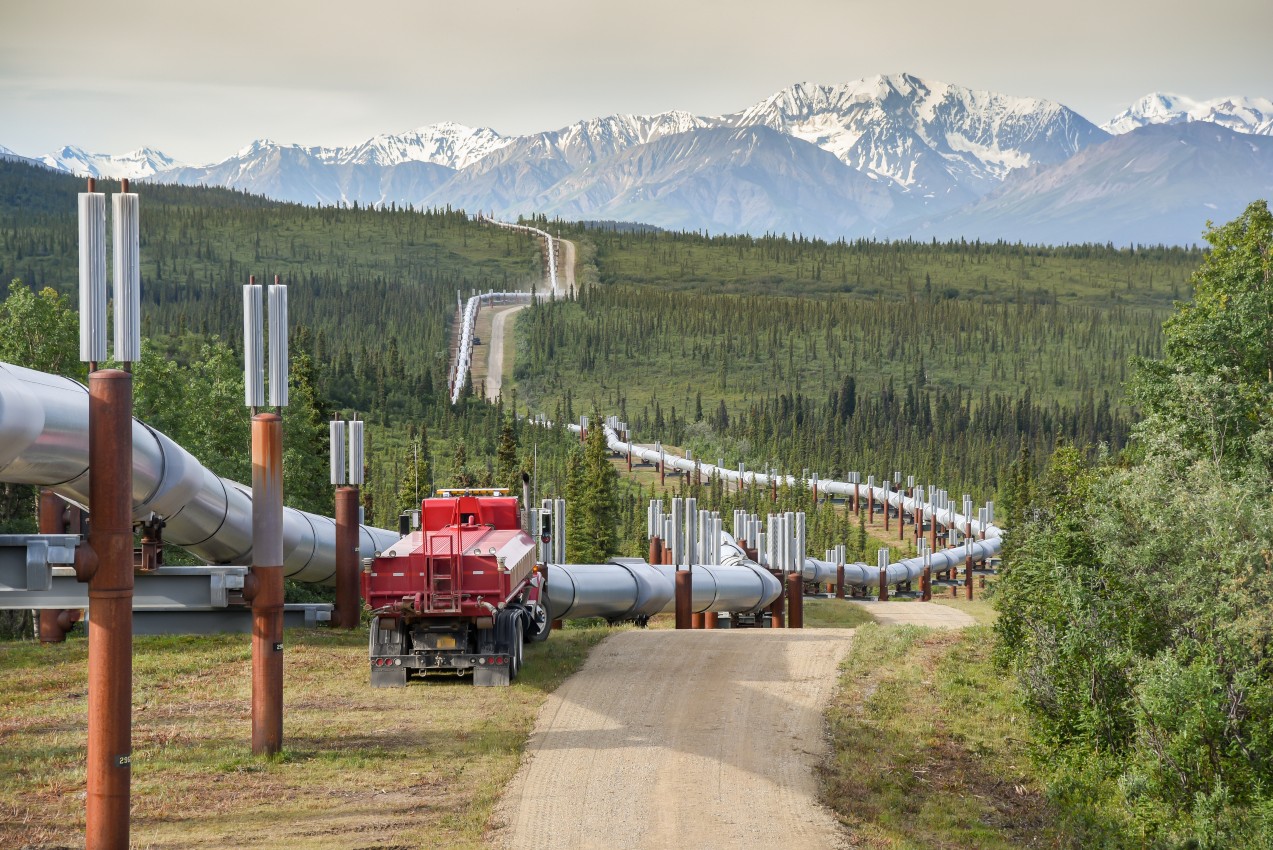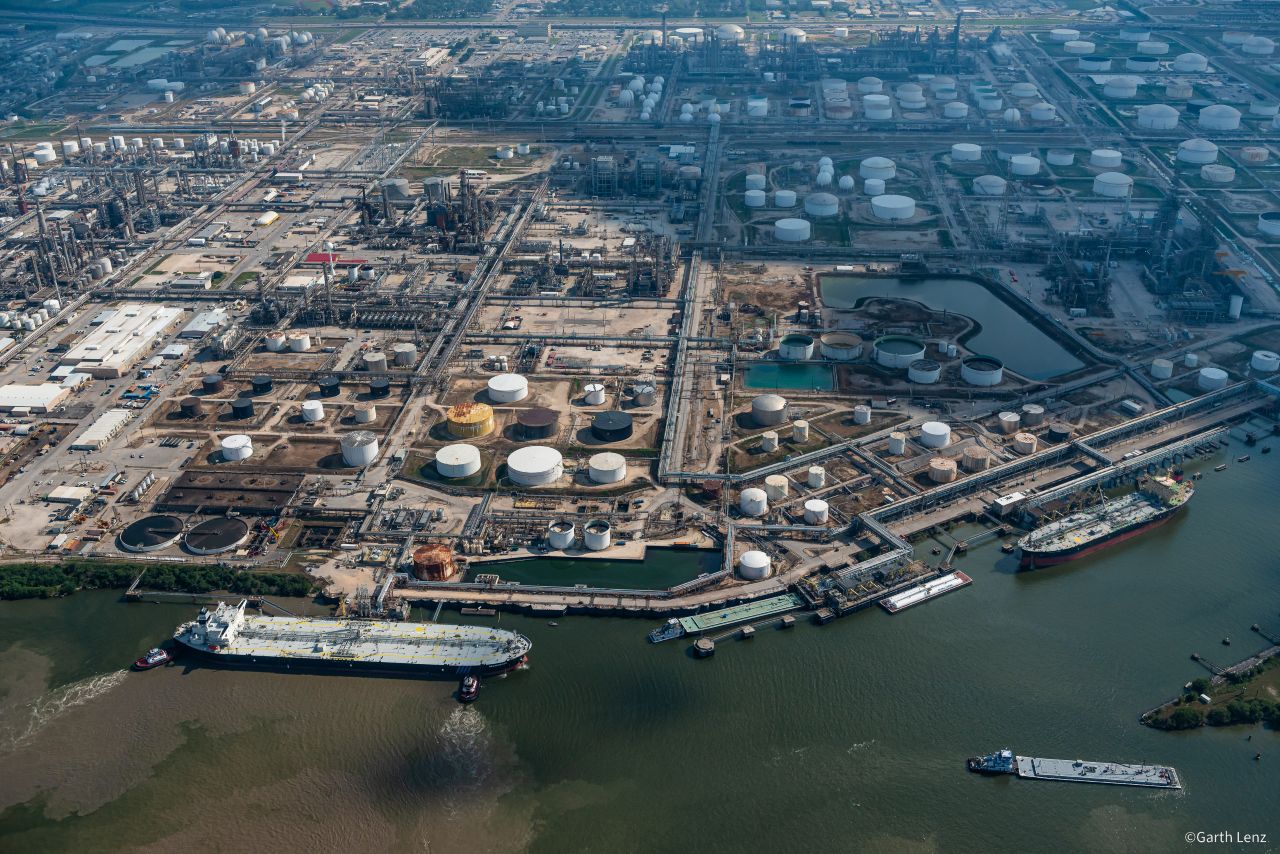States sue over Trump 'energy emergency' order that fast-tracks wetlands destruction

The attorneys general for 15 states have filed a federal lawsuit challenging the Trump Administration’s effort to fast-track environmental permits with false claims of an “energy emergency.”
On May 9, states led by Washington and California sued the administration over the order issued on President Donald Trump’s first day in office. The administration has used the order to speed up hundreds of permit applications to fill streams and alter wetlands for energy, mining, and construction projects, among other environmental reviews.
At a press conference, Washington Attorney General Nick Brown said Trump declared the emergency despite U.S. oil and gas production hitting record highs. Trump’s order also excludes wind, solar, and battery projects “despite the fact that those projects are some of the cheapest and cleanest energy sources today,” Brown said.
“It is all about eliminating competition and shackling America to dirty fossil fuels forever,” Brown said. “But it won’t lower prices, it won’t increase our energy supply, and it won’t make our country any safer.”
In his Jan. 20 executive order, Trump claimed the U.S. faces a “precariously inadequate and intermittent energy supply” and “inadequate development of domestic energy resources.” The order directs federal agencies to make more federal lands available for energy production and speed up permitting under the Endangered Species Act and Clean Water Act.
The order came despite record-high oil and gas production in the U.S. under the Biden Administration. Last year, the U.S. produced more oil than any country in history and became the world’s top oil producer for the past six years in a row. U.S. natural gas production also reached a record high in 2023, declining only slightly in 2024. The country is now the world’s top exporter of natural gas and among the world’s largest crude oil exporters.
Because of sky-high energy production and exports, the 15 states’ lawsuit argues that there is no actual energy emergency. (See list at bottom for all of the states.)
“The invocation of the nation’s emergency authorities … is reserved for actual emergencies—not changes in presidential policy,” the lawsuit states, arguing that Trump’s order will “result in damage to waters, wetlands, critical habitat, historic and cultural resources, endangered species, and the people and wildlife that rely on these precious resources.”
Under Trump’s order, the U.S. Army Corps of Engineers earlier this year began speeding up the permitting process for 688 projects nationwide that would alter or destroy wetlands. The Environmental Integrity Project (EIP) highlighted these in a February press release and news conference, arguing the “energy emergency” reviews were illegal because there is no real energy emergency in the U.S. and because Army Corps regulations define “emergency” to mean natural disasters that threaten major loss of property or life.
After EIP protested the issue, the Army Corps the next day said it was revising its list of 688 projects and took it offline. This means it is no longer clear how many projects are on the fast track list. Since then, only ten public notices have been posted for public comments on “emergency” projects:
- MI: Enbridge Line 5 Oil Pipeline Tunnel – A 3.6-mile underwater tunnel 21 feet in diameter through the Straits of Mackinac to house a pipeline for crude oil and natural gas liquids.
- TX: Rio Grande LNG – Brownsville Ship Channel – A dredging project in the Brownsville Ship Channel in South Texas to make room for a facility needed to build a liquified natural gas (LNG) export terminal.
- LA: Lake Charles LNG – The construction of an LNG export terminal in Southwest Louisiana, which would permanently fill 218 acres of wetlands.
- TX: Texas Connector Pipeline – Construction of a natural gas pipeline that would cross multiple bayous in Southeast Texas, affecting 324 acres of wetlands, to supply gas to the Port Arthur LNG export terminal.
- WA: Northwest Pipeline Channel Realignment – Shifting a stream channel away from a natural gas pipeline.
- WA: Northwest Pipeline (Chehalis to Washougal Anomaly Digs Pipeline Repair) – Temporarily rerouting a stream segment to do maintenance work on a natural gas pipeline.
- NC/VA : Mountain Valley Pipeline Southgate Project – Building a 31-mile natural gas pipeline from Virginia to North Carolina, affecting more than 17 acres of streams and wetlands.
- LA: JD W.R. Grace & Co. - Railyard – Filling in 13 acres of wetlands to build a new railyard for a chemical plant in Southwest Louisiana.
- LA: Veolia Levee Bridge-Heavy Haul Road (Air Products) – Building a new bridge over a levee and access road along the Mississippi River for an existing chemical plant, destroying 1.5 acres of forest and affecting nearby waterways.
- IL: Friendsville Phase III Mine – Placing excavated rock and sediment into streams and wetlands on a 646-acre site as part of a coal mine expansion.
Kristen Schlemmer, senior legal director for the Houston-based Bayou City Waterkeeper, said the Corps’ new procedures for fast-tracking permits “are shortchanging communities’ right to review and comment on projects that affect them, their neighbors, and the ecosystems that if properly cared for, keep us safe.”
“Especially troubling, the new procedures remove the requirement for permittees to state the project purpose and need or do an alternatives analysis, which is a key component of the permitting process,” Schlemmer said. “Without this, it is unclear how the agency will fulfill its oversight role and make sure proposed projects are actually warranted and in the public's interest.”
Hundreds of other projects may be moving ahead without any transparency or opportunity for the public to weigh in.
When the Corps had made its full list available, 56 projects were large enough to require individual permits which require public notice and hearings. A much larger number, 632, required smaller “general permits,” which do not require public notification. The Corps’ database contained little information about them beyond the project title, the name of the applicant, and the county and state where the project would take place.
The Corps is also slashing the amount of time allowed for public comment for these projects by more than three-fourths. Before Trump’s order, comment periods were normally about 30 days, but nine of the ten posted since the order only last for between 7 and 15 days, even if the project is not scheduled to start construction for months or years. This means local communities have little time to voice their opinions about projects.
“The public has a right to know if the Trump administration is signing off on rampant, illegal destruction of imperiled wetlands,” said Hannah Connor, environmental health deputy director at the Center for Biological Diversity, one of the groups, along with EIP and Public Justice, that has sued the Corps for not releasing information about its emergency permitting plans.
The states suing the Trump Administration over the false “energy emergency” are Washington, California, Arizona, Connecticut, Illinois, Maine, Maryland, Massachusetts, Michigan, Minnesota, New Jersey, Oregon, Rhode Island, Vermont and Wisconsin.















